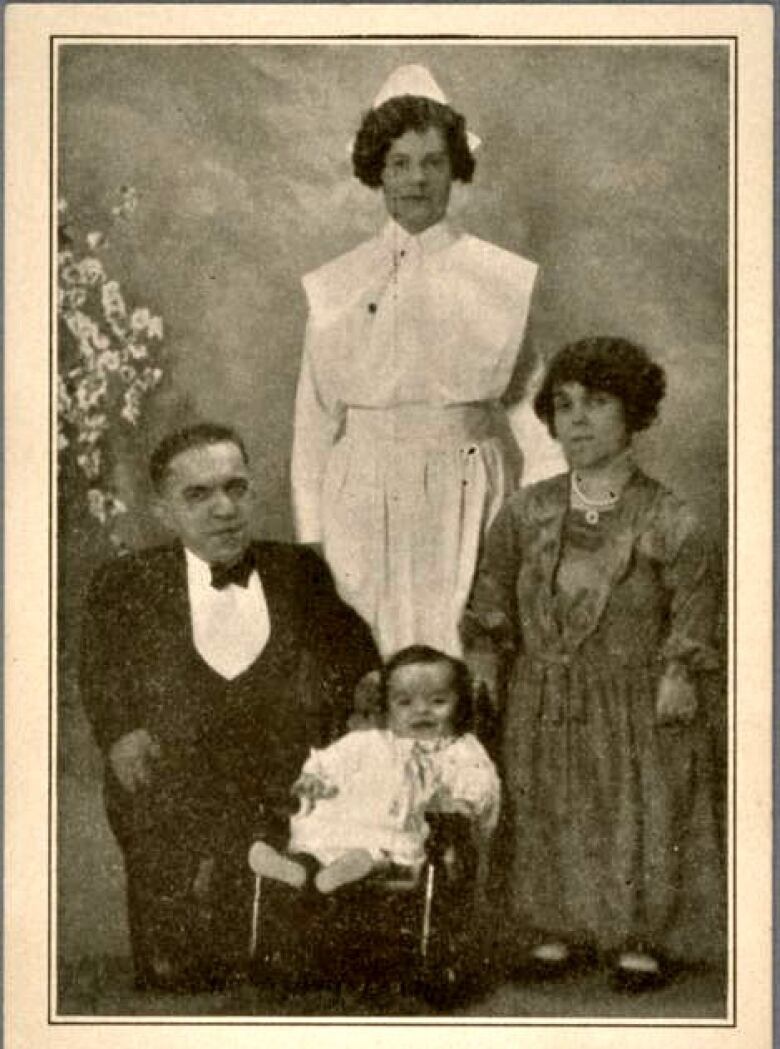Hidden treasures: The allure of Montreal's 'Midget Palace'
Discover some rarely seen gems from the city's past for Montreal's 375th anniversary
To mark Montreal's375thanniversary, curators from Montreal museums showus some of their favourite items hidden in their archives.Thisis final installment in our series.
It's not a politically correct term now, but in the mid 1900s, Montrealers and tourists alike fell in love with an attraction in the city known as "The Midget's Palace."
The attraction was the brainchild of Philippe Nicol, a man who had dwarfismand was tired of being exploited in what were called freak shows at the circus.
Instead, he opted to self-exploit, turning his home on Rachel Street in the Plateau to a museum of sorts. His wife, who was also a little person, also took part in the project.

"They bought a house and they furnished it with tiny furniture and they decided to invite tourists to be with them as if they were living their daily life," said Jean-Franois Leclerc, the curator at the Centre d'histoire de Montral.
Tourist buses filled to the brim brought people to the home, where the Nicols welcomed them in to show them how they lived their everyday life.
Leclerc says the Nicols decided to give themselves the titles of count and countess.
"They were acting like very important persons," he said.
"It was a mix of self exploitation, you could say, and business, and a way to live like normal persons but making money with that."
More in this series













_(720p).jpg)


 OFFICIAL HD MUSIC VIDEO.jpg)
.jpg)



























































































